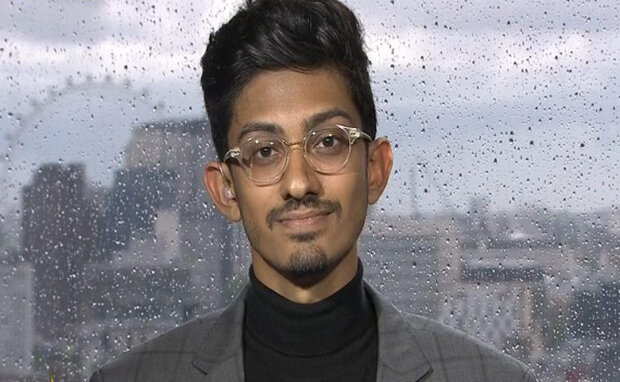The US aims to activate a "snapback" mechanism in the 2015 Iran nuclear deal that would restore international sanctions on Iran. The move escalates a dispute between the US and other members of the UN security council.
The United States demands the United Nations Security Council to activate the "snapback" mechanism of the JCPOA to reimpose all sanctions against Iran, while other parties to the deal believe that the US is not allowed to resort to this mechanism because it is not a party to the JCPOA anymore since the country left it in May 2018.
Donald Trump is doing his best to activate the mechanism just a couple of days after his failure in the UNSC to extend Iran's arms embargo.
To shed more light on the issue we discussed it via an interview with Sahil Shah a Policy Fellow at European Leadership Network(ELN).
Here is the text of the interview with him:
How do you assess the US move to activate snapback mechanism in JCPOA to reimpose Iran’s sanctions despite opposition from other UNSC members and considering the fact the US has already left the JCPOA?
The US attempt to trigger the 'snapback' of UN sanctions against Iran was nothing more than an attention-seeking move for domestic, election-related purposes to look tough on Iran. The Trump administration's actions in the Council were both politically and legally inconsistent with established norms, such as not getting to benefit from deals you have left, and basic common sense. This was proven by the fact that an overwhelming majority of Security Council members immediately stated that they did not recognize the US notification as having any effect. The US cannot cherry-pick when they are a participant to the JCPOA, and it very clearly ceased being a party to the deal when it stated it was leaving the agreement, re-applied US sanctions, and halted its activity in the JCPOA Joint Commission.
Can such unilateral moves weaken the UNSC role in maintaining peace in the world?
On one hand, the US's behaviour is damaging to the UNSC because it is playing games with something quite serious. On the other hand, the US's behaviour has also shown the strength of the UN system in effectively blocking such unilateral moves. After all, the US and other world powers created the UN for the very reason of promoting diplomacy to avert crises. At the end of the day, unilateral moves by the United States of this nature weaken its own credibility in the Council, as it would be hypocritical for the US to insist that other binding Council decisions should be respected by all UN members if it does not do the same.
Many thinkers like Richard Hoss believe that President Trump’s foreign policy has isolated the US. What do you think of this?
The Trump administration has wholly dismissed diplomacy, including with its allies, in favour of an “America first” approach. Unfortunately, this has really boiled down to an “America alone” approach, as the US has retreated from a wide range of multilateral organizational frameworks and deals. These various fora and agreements are what create the global institutional scaffolding needed to solve world problems in a meaningful way.
Interview by Payman Yazdani

























Your Comment